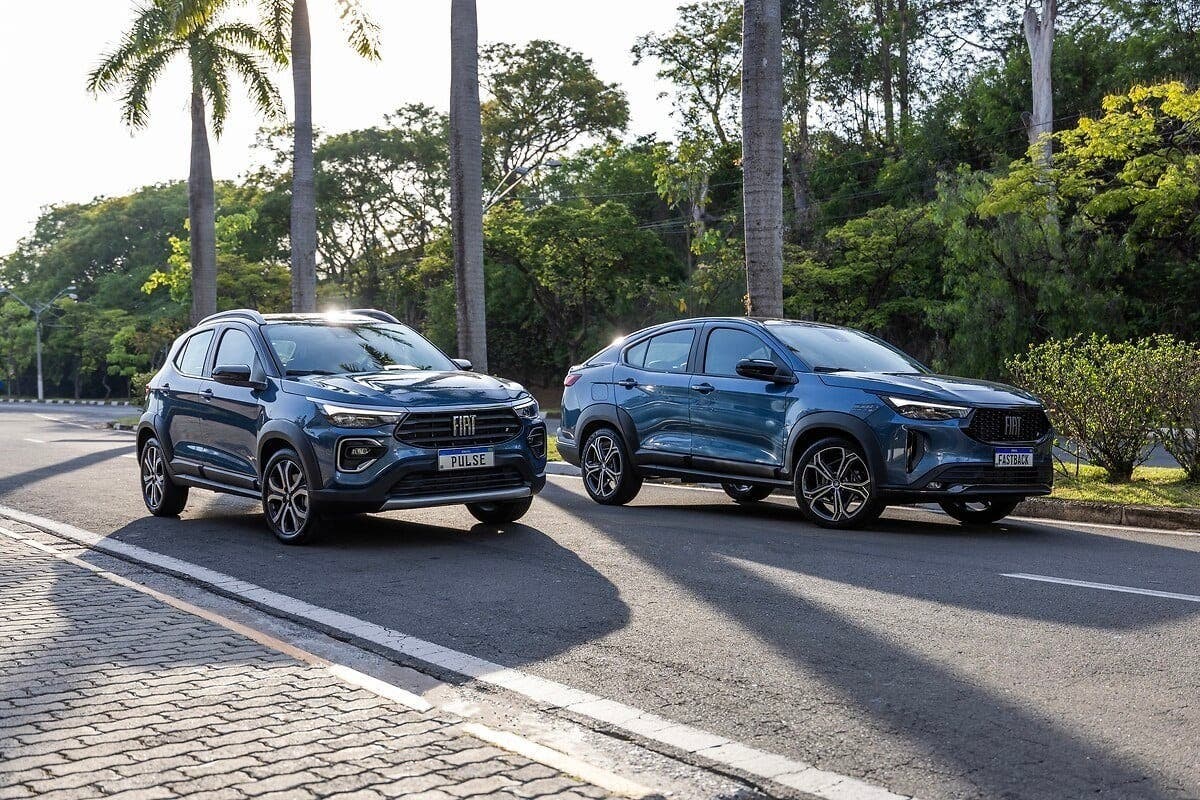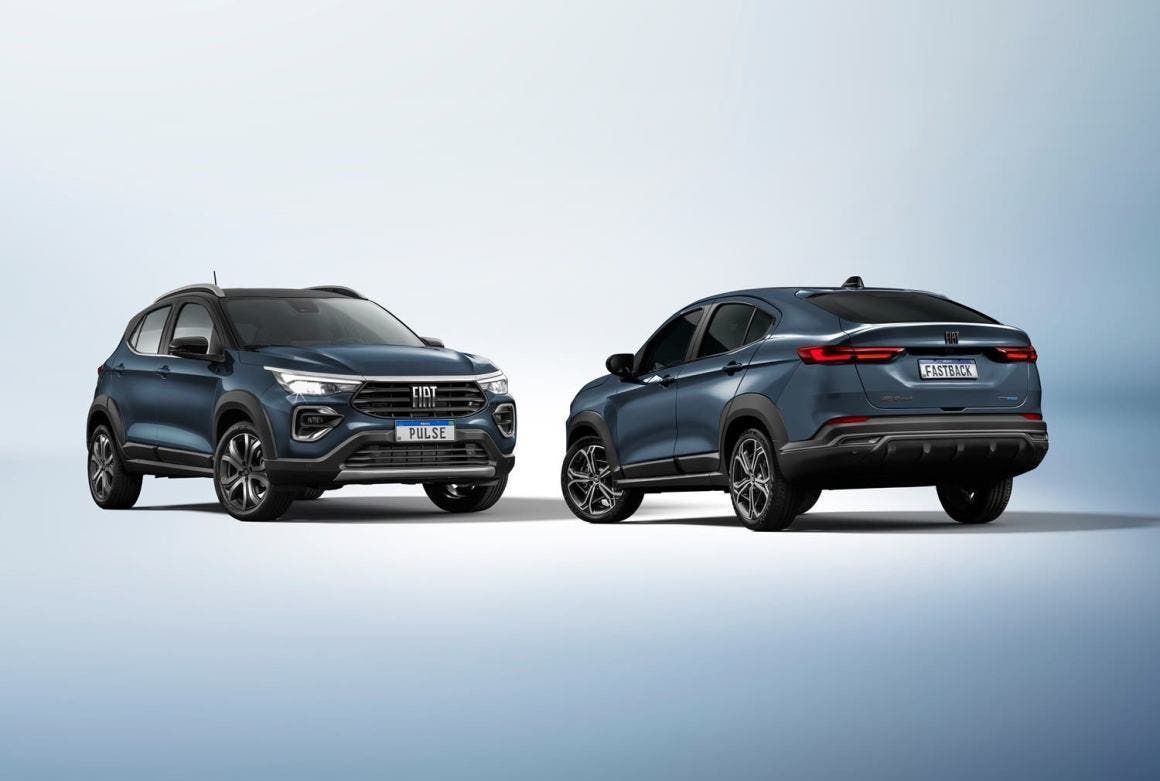The Fiat Fastback and Pulse, pioneers of Stellantis’ Bio-Hybrid technology in Brazil, find themselves at the center of a heated debate in the automotive world. These innovative cars, while representing an important step toward sustainable mobility, have encountered some technical difficulties related to the introduction of the new technology
Fastback and Pulse Bio-Hybrid technology
The Fiat Fastback and Pulse were the first cars produced in Brazil by Stellantis to introduce Bio-Hybrid technology, an innovation that has attracted great interest in the automotive industry. As is often the case with pioneering models, these cars faced several challenges and difficulties during their development and production journey. Among the issues encountered were some technical and adaptation difficulties related to the introduction of this new technology, which required continuous refinement and optimization to ensure high performance and a satisfactory driving experience. Despite these obstacles, the Fiat Fastback and Pulse have been an important step toward the future of sustainable mobility.
Stellantis said that it will “in the coming days” “update the products” to mitigate the most serious problems. According to owner reports, depending on when the hybrid vehicles are turned off, the electric assist stops working after a restart. “I recently published an article about a problem with the hybrid fastback. Under acceleration it was not using the battery, it was just charging it. In the post there were some comments from people with the same problem,” wrote André Bonatte on Fastback Fiat Club, on Facebook. “My Audace 2025 hybrid has 2,400 km on it and today I noticed that it only charges but in electric mode it does not move.
I sent a message to the dealership and the attendant said he would contact the department in charge and let me know, “ Silvio Abella pointed out, before asking if other members of the group were also facing the same situation. Raphael Ribeiro was one of the customers who responded positively, while others mentioned that the solution lies in “reprogramming the modules at the dealer.”

Technical problem according to Stellantis
Stellantis explains the malfunction by stating that the electronic control unit, which monitors battery charge levels, may occasionally temporarily disable the e-assist. This system is responsible for providing electrical torque when it is needed to restore the charge level to the optimal parameters for system operation.
According to the analyses conducted by the company, this deactivation does not result in significant impacts on the daily use of vehicles by most consumers. The situation described, therefore, would be considered as a condition that does not substantially interfere with the driving experience, ensuring that the system resumes proper operation as soon as battery levels are properly balanced. Stellantis has created a committee, involving the engineering area, to handle technology failures. In addition, an official internal call by Fiat Fastback and Pulse for a mass resolution of the problems is not ruled out. In this case, it is worth noting that the term “recall” is incorrect, as the problem does not concern vehicle safety. When asked how he will solve the problems regarding the two flexible hybrid models, Stellantis replied that he is “still working on it.” Sources indicate that it will indeed be adjusting the schedule, but that the broadcast will not be on free-to-air.

